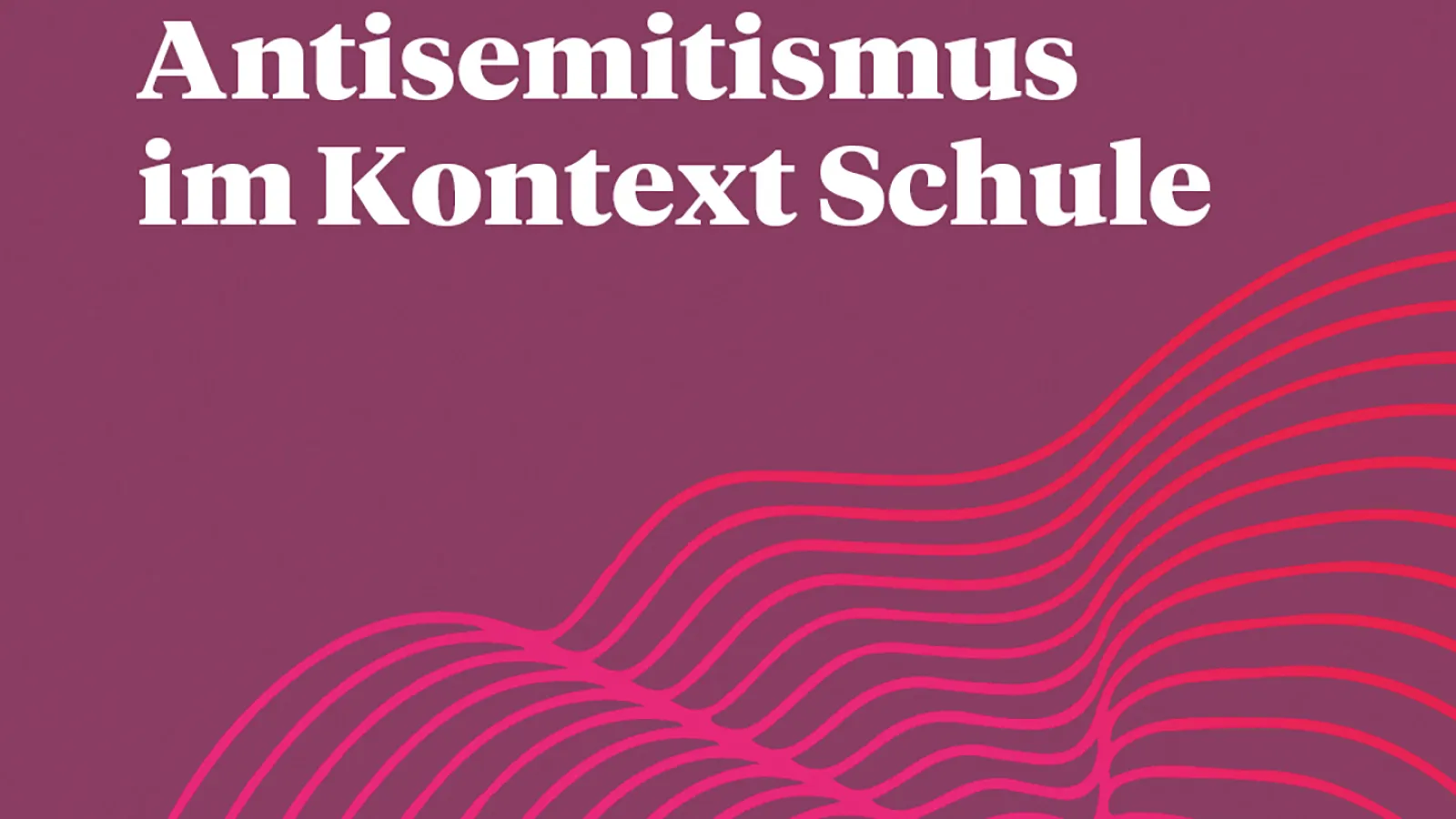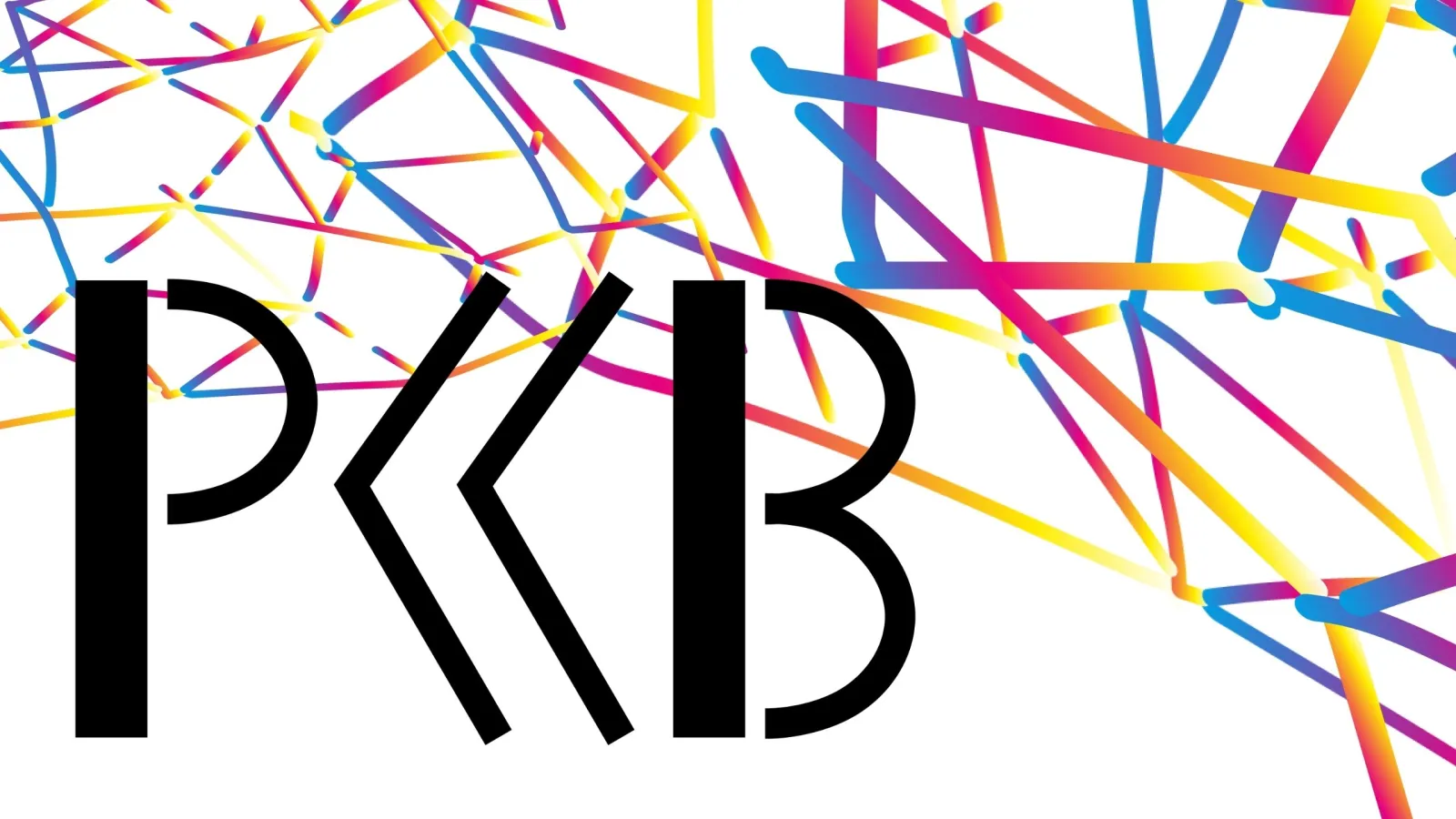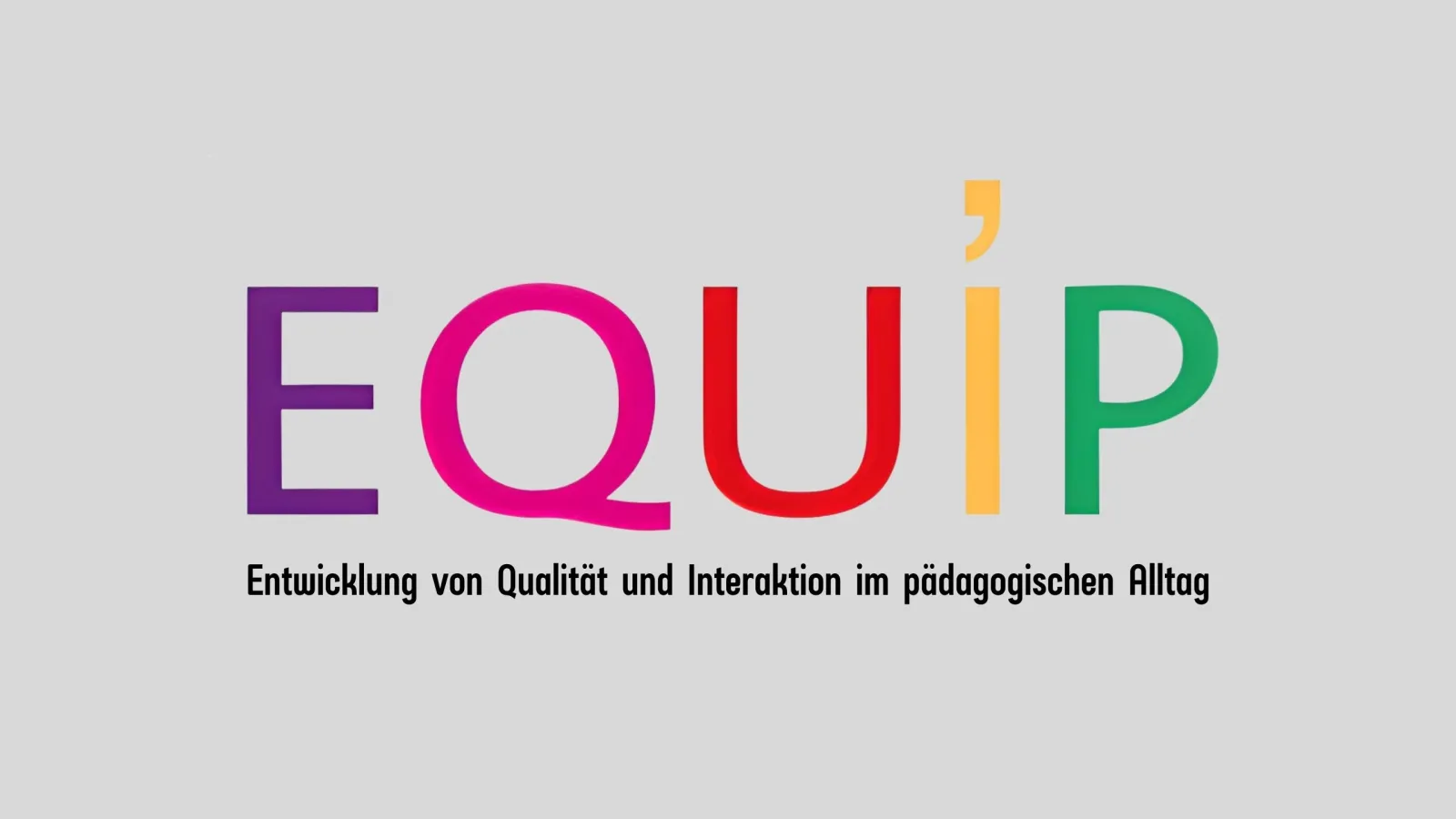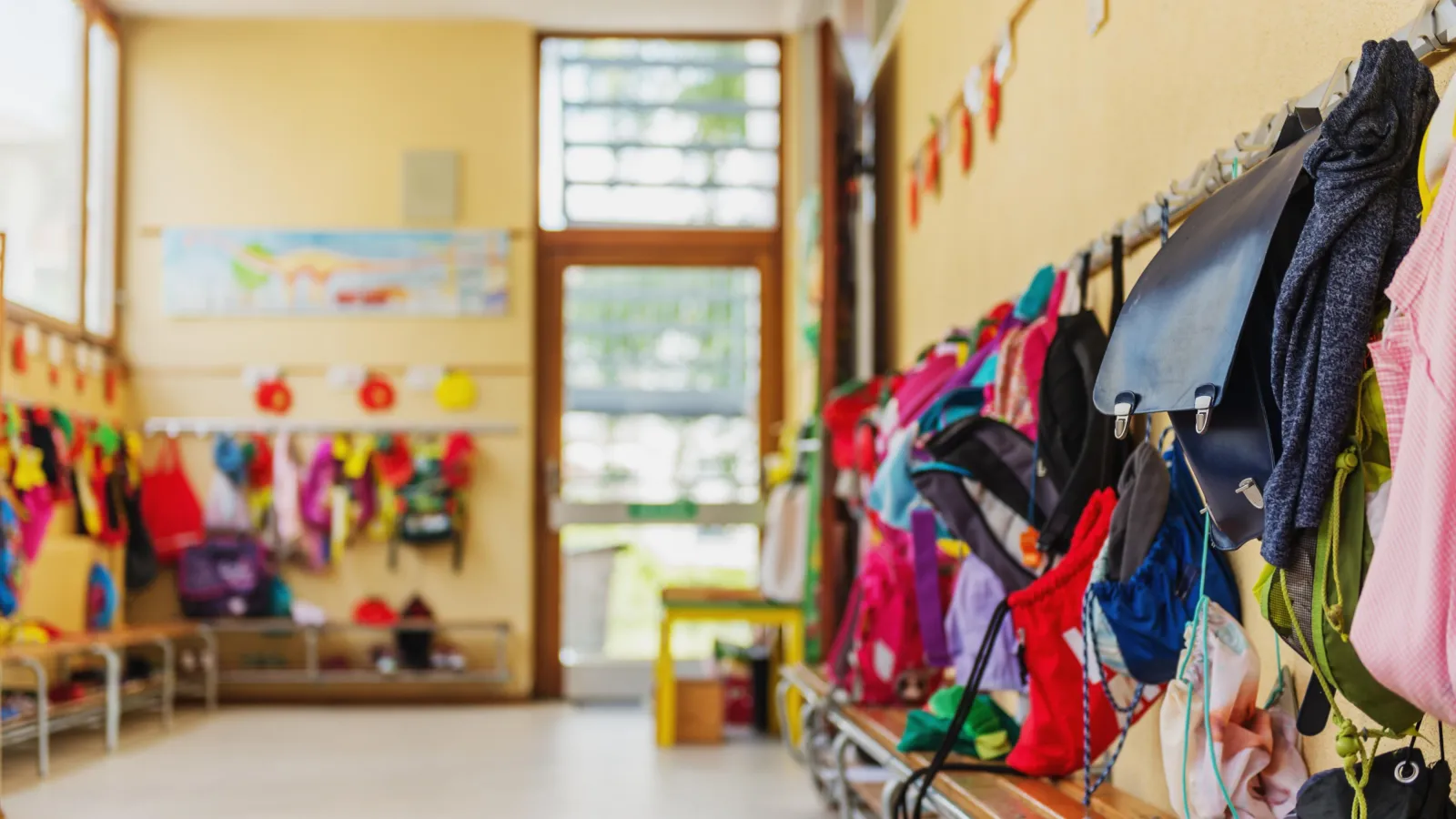Projects of the Social and Educational Sciences Department
Any-Cubes – Discover Artificial Intelligence through Playing
Any-Cubes researches and develops the toys of the future.
BIKA – Participation in Daycare Everyday Life
BiKA is a joint research project of the University of Applied Sciences Potsdam and the Research and Development Institute PädQUIS®, affiliated institute of the ASH Berlin and cooperating institute of the University of Graz. The study was developed jointly and is carried out under joint responsibility. It is funded by the Federal Ministry for Family Affairs, Senior Citizens, Women and Youth.
Antisemitism in the Contexts of Schools and Police – Federal State Study Series
The research interest of the study series concerns the perceptions and interpretations of antisemitism in schools and within the police as well as the practices of dealing with antisemitic attacks.
Where Is Prevention Needed? Social Space-Oriented Help in the Context of Primary Schools – A Model Project in the Oder Spree District
This research project was conducted as part of a course at the Department of Social and Educational Sciences at the University of Applied Sciences Potsdam.
Exhibition Childhood in the Children's Home
The exhibition is a cooperation project between the "Großes Waisenhaus zu Potsdam" Foundation, the University of Applied Sciences Potsdam, the Filmmuseum Potsdam and experts in welfare research.
PKKB: Postdigital Art Practices in Cultural Education – Aesthetic Encounters between Appropriation, Production and Mediation
Research into post-digital art scenes, their spaces of practice, appropriation and reception, and the development of artistic-aesthetic mediation concepts for cultural education in exchange with the research practices carried out.
Travelling Exhibition KREUZ & QUER – Life Journeys of Women in Brandenburg
The exhibition "Kreuz & Quer – Lebenswege von Frauen in Brandenburg" aims to encourage female school leavers to go their own way.
Evaluation of the Accommodation Situation of Unaccompanied Underaged Refugees in the State of Brandenburg
The evaluation study on the situation of unaccompanied minor refugees in Brandenburg builds on the findings of an explorative preliminary study and focuses on the subjective view of the young people.
MeGeWoPo: Multi-generational living in the "Platte"
Community and intergenerational transfer for a self-determined lifestyle in old age
Preliminary Study: Unaccompanied Underaged Refugees in Brandenburg
Preliminary study "Evaluation der Unterbringungssituation unbegleiteter minderjähriger Geflüchteter im Land Brandenburg"
EQUIP – Development of Quality and Interaction in Pedagogical Everyday Life
A cooperative practice research programme by University of Applied Sciences Potsdam and the University of Potsdam on quality development in early education
Federal Programme Sprach-Kita
The federal programme "Sprach-Kitas" aims to sustainably improve the provision of language education in Kitas.










